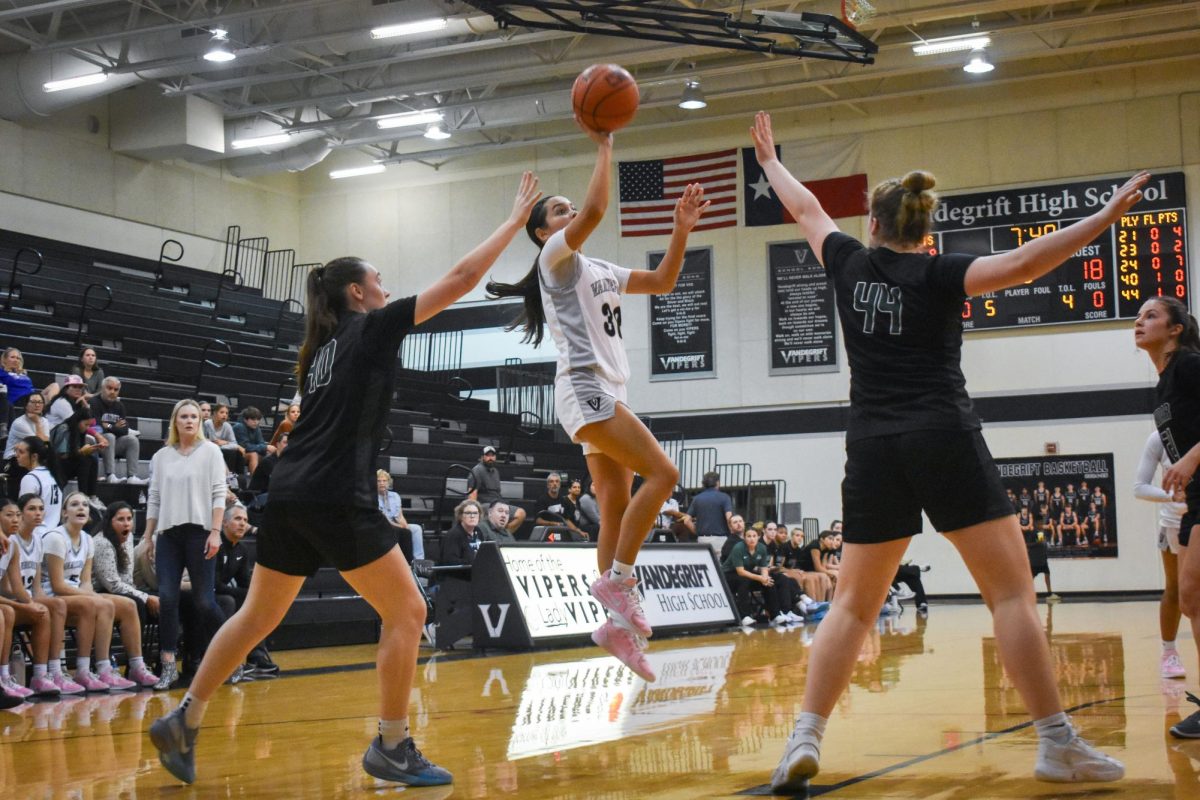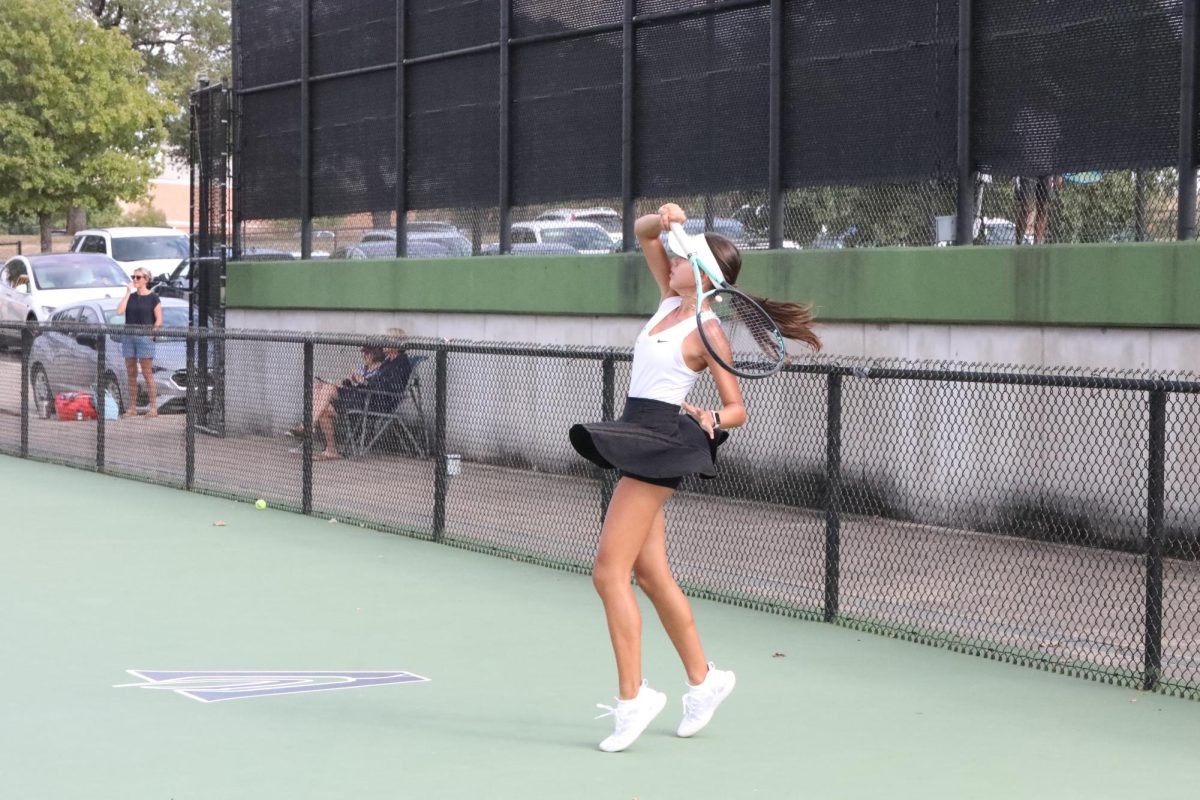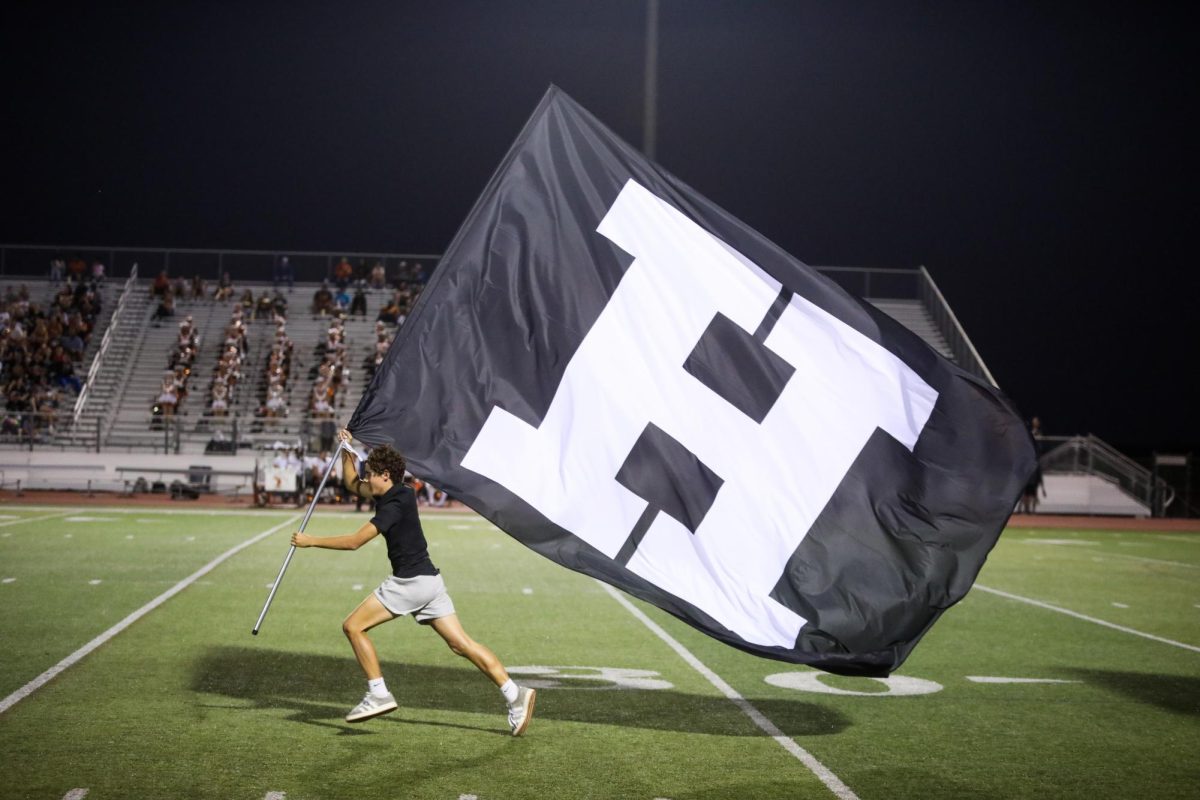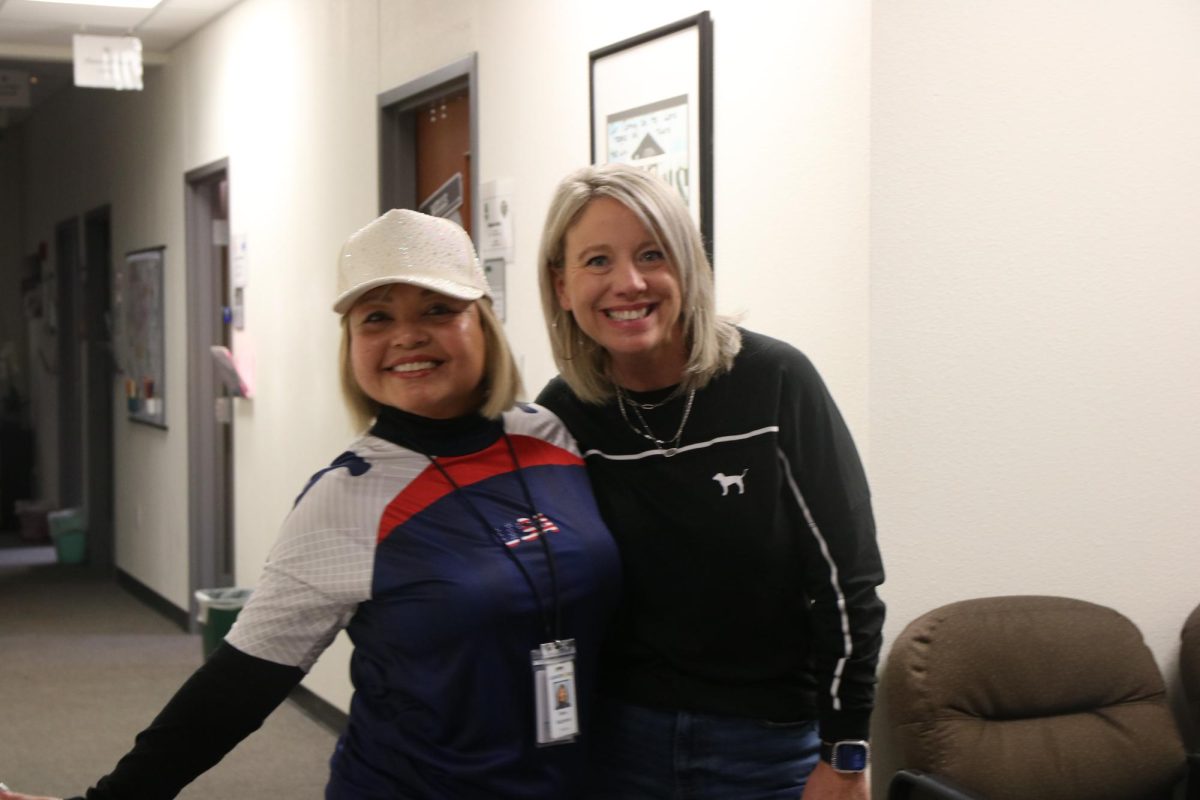A Chinese proverb once said “Bad habits are like a comfortable bed, easy to get into, but hard to get out of.” Although the worst bad habits are usually associated with dangerous acts like smoking, drug use, gambling and others, typical bad habits in a high school setting include over-texting, Facebook addiction, and not getting enough sleep.
When you’re having fun doing what you want, it doesn’t seem like your habits can change your life. However, what you do in high school can become a permanent blemish. Many are writing about how social habits as well as academic habits can impact teenagers. California State’s “The Daily Titan” made the point of showing how social habits in high school can cause problems in college. The Gettysburg Times recently persuaded teens to change their eating habits, as these can stick with you until adulthood and create problems in later life.
Of course, there’s a reason they say habits are hard to change—they are. But as long as you know what your bad habit is, there’s no reason to let it follow you past college. So what are some of our bad habits?
Not surprisingly, many people said that their worst habit was putting things off. “My worst habit is procrastination. By far,” Katie Kupec, sophomore, said. The same can be said for Nicole Lita and Denise Bui, who both agree that it’s hard to stop making excuses for unfinished assignments.
The problem with procrastination is that while you may be able to get away with it in high school, once you have a job and growing responsibilities, procrastination can end up taking away sleep and adding stress. “In the real world, you can’t keep putting something off. You’ll eventually have to do it,” Bui said.
One habit that may go along with procrastination is dishonesty. “I think our school’s worst habit is cheating,” sophomore Leticia Lee said. Many students in the top ranks achieved their position through methods of copying and deceitfulness. While cheating may seem to get you ahead in high school, there isn’t anyone to copy off of when you have a job. When you get used to others doing things for you, you have trouble doing those same things yourself. It doesn’t have to be as blatant as looking off someone else’s test—even copying homework is detrimental, because those assignments are designed to help solve problems on a daily basis, which you can’t do now and later if you rely on others.
“Students have a problem with dress code,” Mrs. Gutmann, debate and communications teacher, said. “They don’t think twice about it because they’re so used to dressing like that.” This may be a habit that can easily be broken, but it can still get students in trouble later in life. When going out, whether for a job or a night out, the way you dress shows how you represent yourself. “When people dress without taste it doesn’t reflect them well,” Charlotte Calvin, sophomore, said. People may not take you seriously if you don’t dress seriously.
“I think my worst habit that may not seem very serious but is, is saying ‘like’ a lot,” sophomore Jordan Sekiya said. While saying “like” may just be a phase, it can become a habit that can reflect poorly on communication skills in an interview or when meeting someone. “You don’t want people to think you’re less intelligent than you are,” Sekiya said.
“Students texting and using their phones in class is one of the worst habits,” Mrs. Simon, French teacher, said. “They don’t pay attention and can’t focus in class.” This can hurt students as they get used to paying minimal attention to their studies, and later their work. Technology can help us, but can take away from our retention and capabilities if students aren’t careful.
Then there are the more controversial habits. We’ve all been in class listening when someone brings faith into things. “We have a habit of bringing religion into the classroom,” said junior Dylan Locke. While it may not seem so bad in high school, when in a workplace, talking about sensitive issues and beliefs can lead to coworker issues, drama, and may end up leading to conflict between a boss and supervisor. Bringing religion into discussions can also lead to a reliance on faith rather than facts or the evidence present.
Perhaps one of the most relevant habits in high school is group tendencies. “Our school has a problem with straying from cliques,” Salman Siddiqui, sophomore, said. In life, it’s necessary to interact with different people and stray from groups. You don’t always get to talk to who you want to.
Overall, it seems like the worst habits can be fixed. Of course, it’s still important to be aware of our imperfections. Ten years from now you don’t want to wish you had stopped a problem sooner. As Aristotle put it, “We are what we repeatedly do.”








